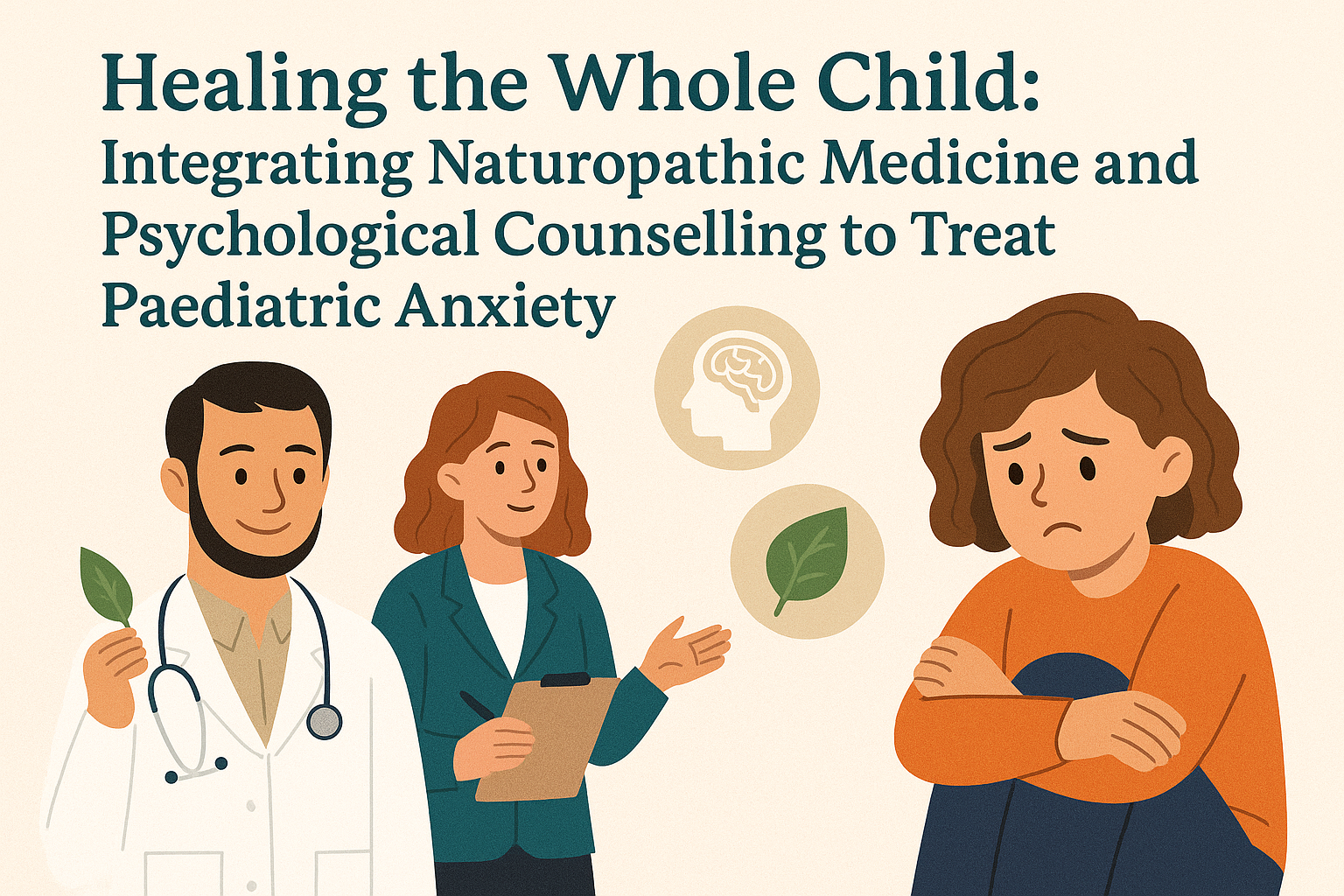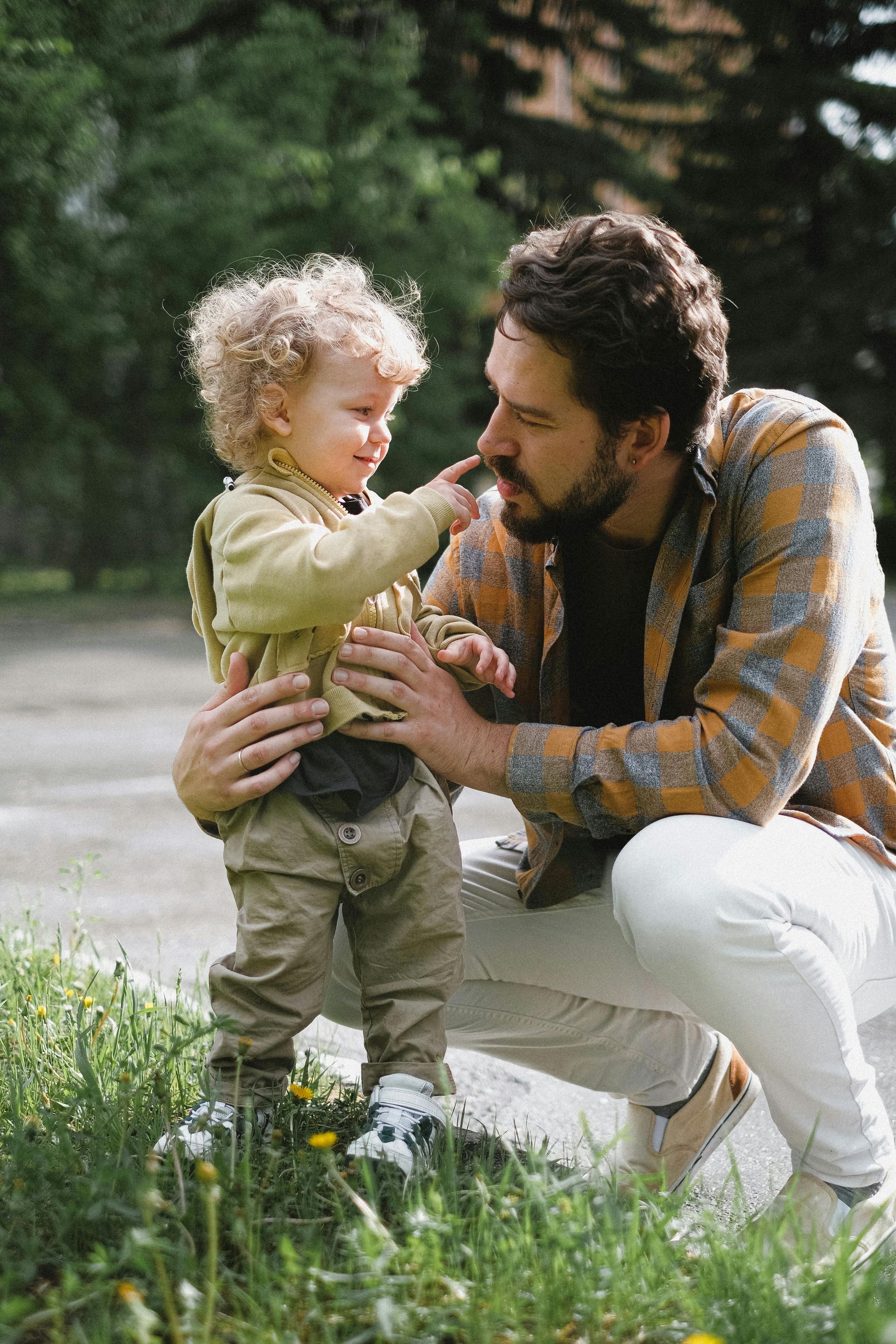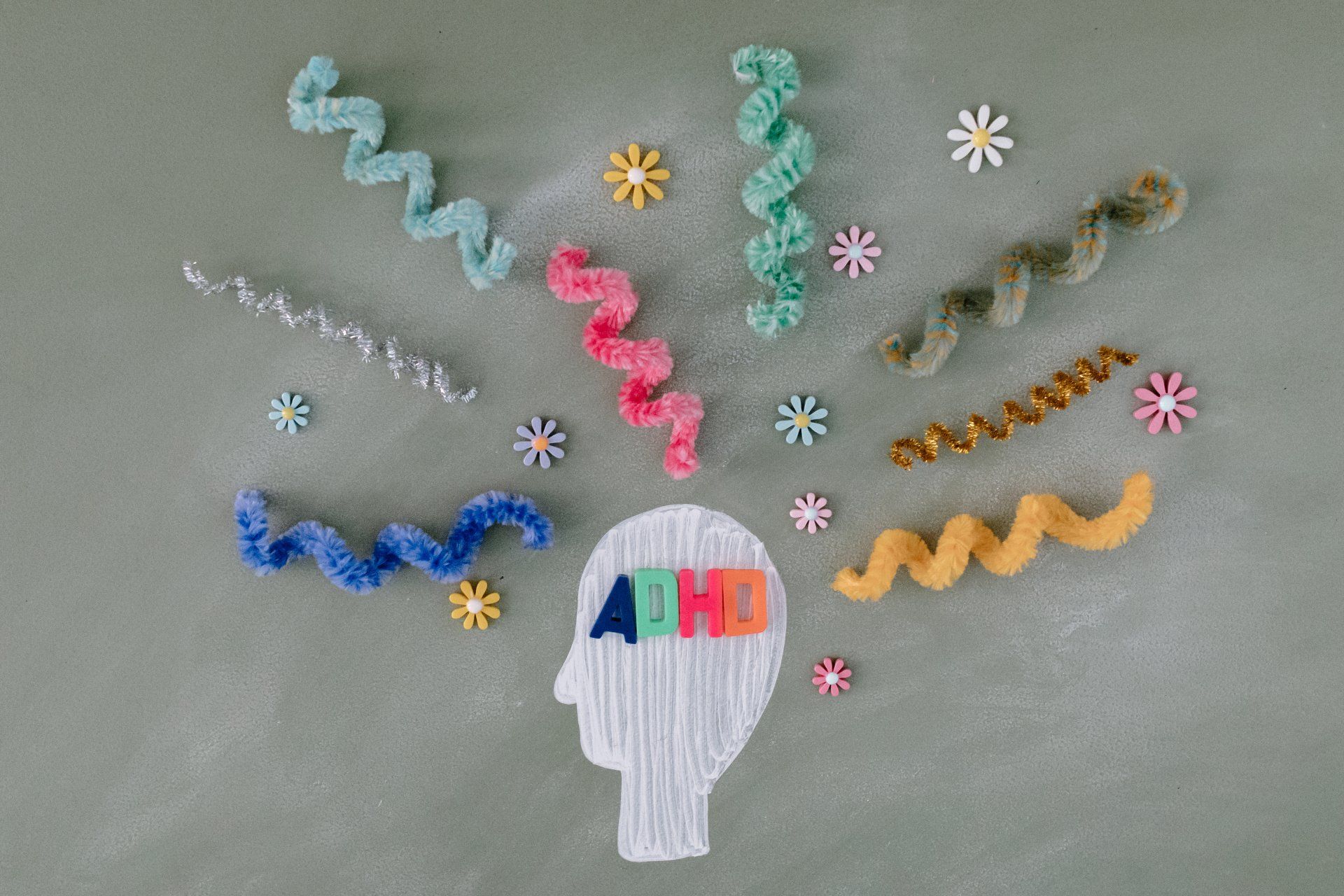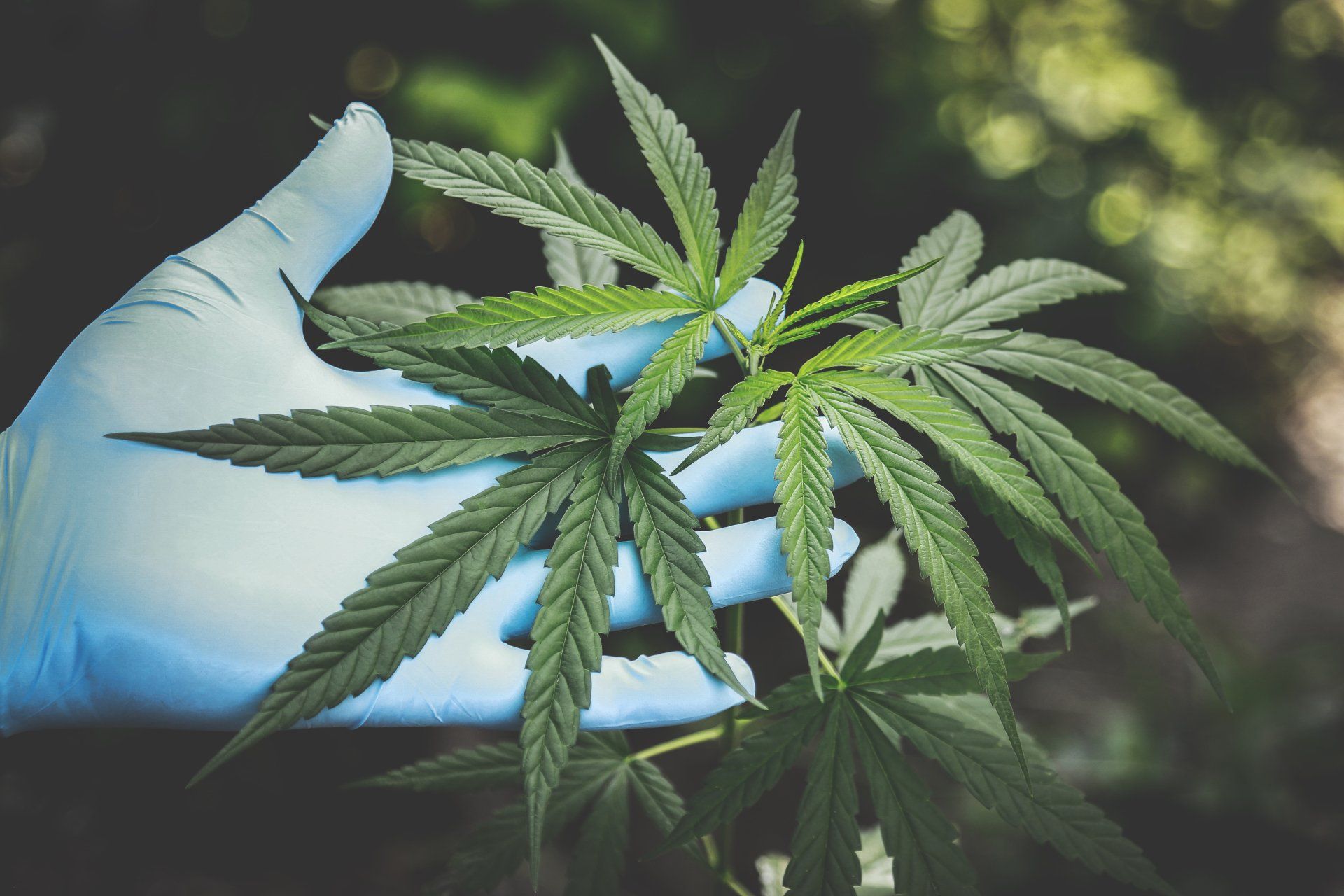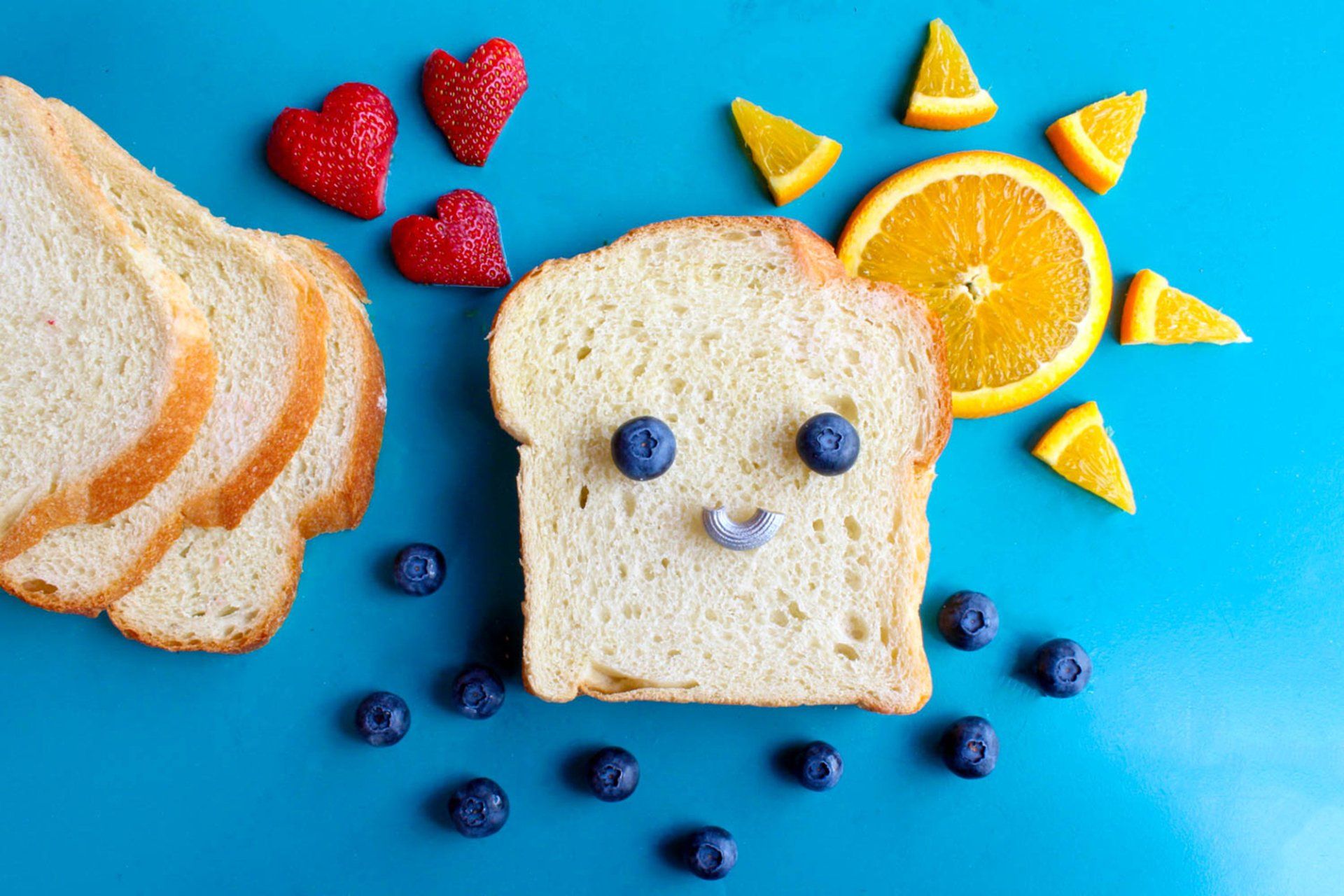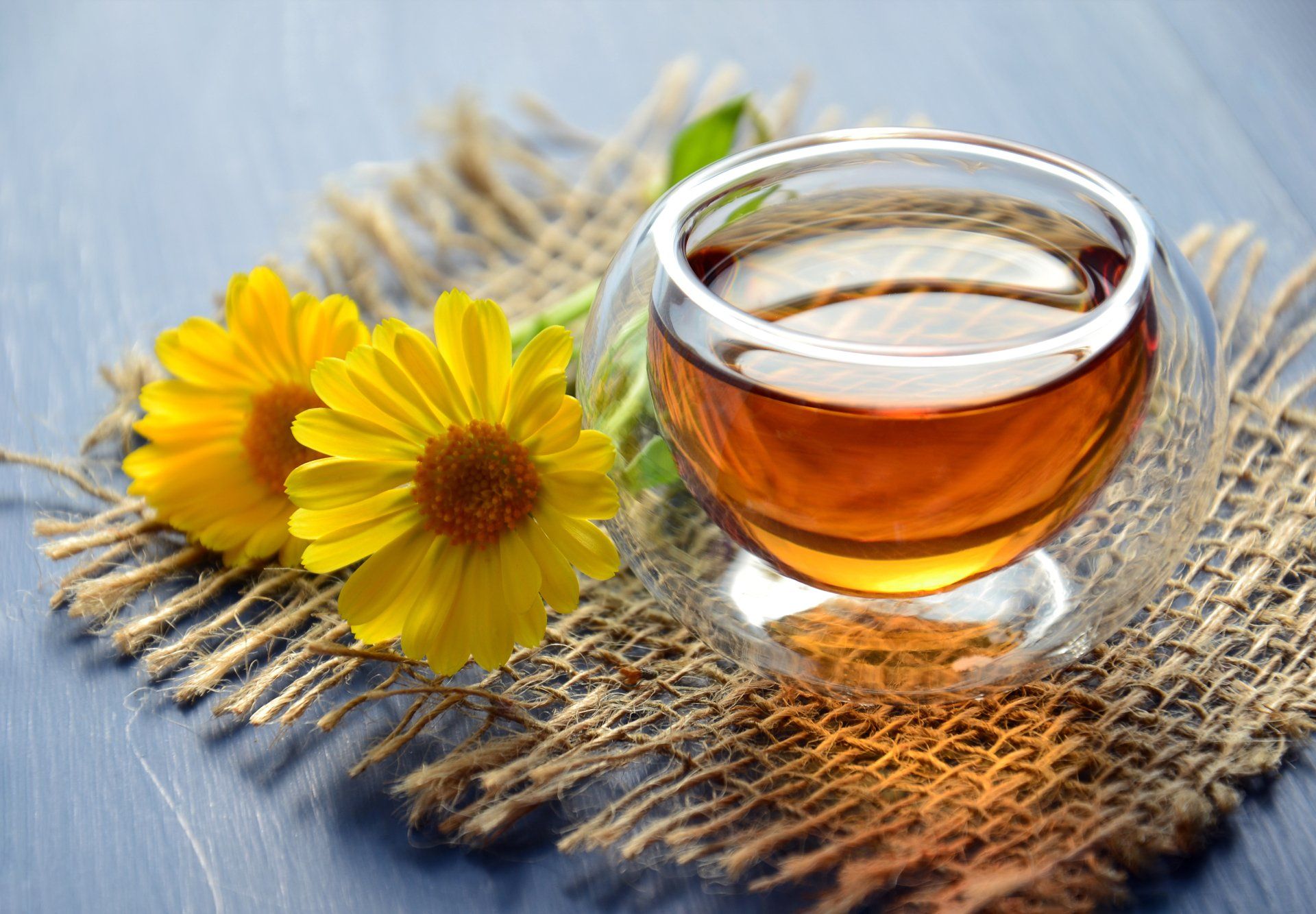Naturopathic Solutions for Stress and Anxiety in Kids
The invisible challenge of stress and anxiety among children is one that's increasingly on the radar of parents worldwide. Utilizing natural and holistic treatments can be a beacon of hope in this growing epidemic. In this post, we'll delve into how naturopathic approaches can help alleviate the overwhelming burden of anxiety in our children.
Understanding Stress and Anxiety in Kids
It's essential to recognize the signs and underlying causes of stress and anxiety in kids. More than just a fleeting worry or a bout of nerves, these conditions can manifest as physical symptoms, behavioral changes, and affect their overall well-being. The culprits could range from academic pressures and social expectations to family dynamics and unforeseen life events.
Chronic stress can take a toll on a child's emotional balance and can even have long-lasting effects into their adult lives. Tuning into your child's world and understanding their stressors is the first step in addressing these issues.
Naturopathic Approaches to Addressing Stress and Anxiety
When it comes to natural solutions for kids' stress and anxiety, several strands of naturopathic therapy come into play.
Mind-Body Techniques
Teaching children mind-body techniques such as breathing exercises and mindfulness can equip them with lifelong tools to manage their stress. Simple practices like counting breaths or using a "mind jar" activity to visualize feelings are effective ways to ground children when they feel overwhelmed. Check out this link for how to create a Mind Jar
Herbal Remedies and Supplements
A number of herbal remedies can be gentle allies in the fight against anxiety. For instance, passionflower and chamomile are popular for their calming effects. When considering supplements, it’s best to consult a qualified healthcare provider to ensure safety and correct dosing.
Here is some key research conducted in the past 20 years on how passionflower and chamomile can aid in anxiety and stress:
- "The therapeutic effects of medicinal plants on depression and anxiety disorders" - This research shows that plants such as chamomile and passionflower play a role in the reduction of anxiety disorders and oxidative stress [^1^].
- "Powerful Stress Relieving Medicinal Plants for Anger, Anxiety, Depression, and Stress During Global Pandemic" - The study reports significant benefits in reducing anxiety and depression through the utilization of chamomile and passionflower [^2^].
- "Herbs for anxiety" - According to this study, chamomile and passionflower show great potential in helping patients with anxiety [^3^].
- "Herbal medicine for depression and anxiety: A systematic review with assessment of potential psycho‐oncologic relevance" - Chamomile and passionflower appear useful in mitigating anxiety according to this research [^4^].
- "Advances in medicinal plants with effects on anxiety behavior associated to mental and health conditions" - The study mentions the efficacy of Passiflora incarnata (passionflower) extracts against anxiety and the antidepressant effect of chamomile [^5^].
- "Review on Medicinal Plants for Treatments of Stress" - Chamomile's mild sedative properties can aid in alleviating symptoms of generalized anxiety disorder, and passionflower is widely used as a sleep aid [^6^].
- "TREATMENT OF ANXIETY DISORDERS: AN HERBAL APPROACH" - This research mentions the use of chamomile and passionflower in treating anxiety disorders [^7^].
- "Medicinal plants for insomnia related to anxiety: an updated review" - The study concludes that chamomile could be a good complementary treatment for anxiety and that subjects who took passionflower had a reduction in anxiety levels [^9^].
- "Plant-based medicines for anxiety disorders, part 2: a review of clinical studies with supporting preclinical evidence" - The research testifies to the efficacy of chamomile in reducing anxiety in some individuals and the ability of passionflower to significantly reduce acute anxiety [^10^].
Nutrition and Diet
Believe it or not, what your child eats can significantly influence their anxiety. A balanced diet that includes foods rich in Omega-3 fatty acids, complex carbohydrates, and minerals like magnesium can support their mental health. On the flip side, excessive sugar and caffeine can exacerbate anxiety symptoms.
Omega-3 Fatty Acids:
- Fish: Salmon, mackerel, tuna, herring, and sardines are among the best sources.
- Nuts and Seeds: Flaxseeds, chia seeds, walnuts.
- Plant Oils: Flaxseed oil, soybean oil, canola oil.
- Fortified Foods: Some brands of eggs, yogurt, juices, milk, and soy beverages.
- Algal Oil: A vegetarian source of Omega-3 derived from algae.
Magnesium:
- Green Leafy Vegetables: Such as spinach and Swiss chard.
- Nuts and Seeds: Almonds, sunflower seeds, brazil nuts, and cashews.
- Legumes: Black beans, chickpeas, kidney beans and lentils.
- Whole Grains: Such as brown rice and quinoa.
- Seafood: Tuna, salmon, mackerel.
- Bananas: They are among the most famous sources of magnesium.
- Dark Chocolate: It’s not only delicious but also incredibly healthy.
- Avocados: They are high in magnesium and potassium, and great for heart health.
For more on nutrition for kids Click HERE
Lifestyle Changes
Addressing sleep patterns and exercise routines can make a world of difference. Regular physical activity releases endorphins, the body's natural feel-good hormones. Meanwhile, a consistent sleep schedule ensures their developing brains and bodies get the rest they need to combat stress.
Tips for Supportive Parents
As a parent, you play a pivotal role in your child's journey to managing stress and anxiety. Here are a few tips to weave naturopathic approaches into your parenting:
Create a Supportive Environment
Home should be a sanctuary. Create a home environment that encourages calm and support. Limit screen time, create spaces for relaxation, and engage in activities that promote bonding and fun.
Communication and Emotional Support
Be an active listener. Open, non-judgmental communication can help your child express their worries and fears. Providing emotional support and showing them they're not alone in their struggles builds resilience and confidence.
Balancing Activities and Responsibilities
Extracurricular activities and academic pressures can sometimes compound stress. Balance is key. Encourage hobbies and unstructured play, and teach them the importance of saying no to commitments when necessary.
Conclusion: A Holistic Path to Resilience
Naturopathic approaches offer not just a band-aid to childhood anxiety but a holistic path to resilience. By addressing stress at its roots and providing children with tools and environments that support their development, we are setting them up for a lifetime of mental and emotional well-being.
It's important to note that while these natural methods can be extremely effective, professional guidance is invaluable. Consulting with a naturopathic doctor or a pediatrician trained in natural medicine can ensure that the chosen treatments are safe and appropriate for your child.
In taking these steps, we can help children navigate the emotional complexities of growing up with a foundation of health, strength, and self-assurance. It's a journey worth embarking on.
[^1^]: (http://jrhc.miau.ac.ir/article_2941_64e1e77bd5c495f3f6bc79f821fcf39e.pdf)
[^2^]: (https://www.ingentaconnect.com/content/ben/biot/2022/00000016/00000004/art00003)
[^3^]: (https://www.liebertpub.com/doi/abs/10.1089/act.2018.29153.eya)
[^4^]: (https://onlinelibrary.wiley.com/doi/abs/10.1002/ptr.6033)
[^5^]: (https://www.ingentaconnect.com/content/ben/cmc/2017/00000024/00000004/art00009)
[^6^]: (https://ijmrtjournal.com/wp-content/uploads/2023/07/IJMRT-VOLUME-4-ISSUE-7.pdf)
[^7^]: (https://wjpr.s3.ap-south-1.amazonaws.com/article_issue/2460ca8cc70f20e6766954a505c32a25.pdf)
[^9^]: (https://www.thieme-connect.com/products/ejournals/html/10.1055/a-1510-9826)
[^10^]: (https://link.springer.com/article/10.1007/s40263-013-0059-9)
